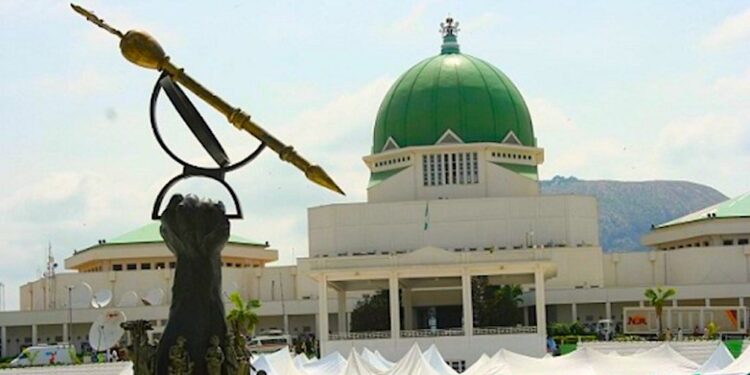Nigeria’s National Assembly has tabled a significant proposal: shifting the dates for the 2027 Nigerian general elections to November 2026, a move which establishes a necessary 185-day window before inauguration day in May.
On the surface, this appears to be a laudable pursuit of electoral justice in Nigeria, designed to ensure all petitions are concluded before winners assume office. However, this focus on the calendar distracts from the deeper systemic flaws plaguing Nigeria’s post-election legal process.
While the proposal seems well-intentioned, it risks being a superficial amendment that fails to deliver the credible and undisputed mandates the nation desperately requires.

The heart of the legislative argument, championed by figures like Senator Simon Lalong and Adebayo Balogun, lies in streamlining the electoral dispute resolution timeline. This includes a drastic reduction in the time allotted for tribunal judgments from the current 180 days to a mere 90 days, with appellate and Supreme Court decisions confined to 60 days each.
This total 185-day legislative cushion is presented as a panacea for the nation’s notorious post-election instability, aiming to end the embarrassing tradition of judicial rulings removing sitting governors or legislators months or even a year into their tenure.
The problem is that the crisis of Nigerian election petitions is fundamentally a crisis of institutional capacity and integrity. Reducing the legal timeframes without commensurate investment in the judiciary is an unrealistic ask.
Can Nigeria’s over-burdened tribunals and appellate courts (already struggling with complex electoral litigation) deliver justice in half the time? This risks pushing judges to prioritise speed over substance, potentially leading to technical dismissals that sacrifice substantial justice for the sake of an arbitrary deadline.
Why It Matters
This proposal requires a constitutional amendment, which in itself is a politically fraught and slow process, indicating a potentially weak commitment from the political class to genuinely reform their own electoral practices.
The Nigerian state must be honest about what truly delays electoral justice. It is not just the judicial calendar but the pervasive culture of impunity, a lack of institutional independence, and loopholes within the electoral framework itself that encourage excessive litigation.

















